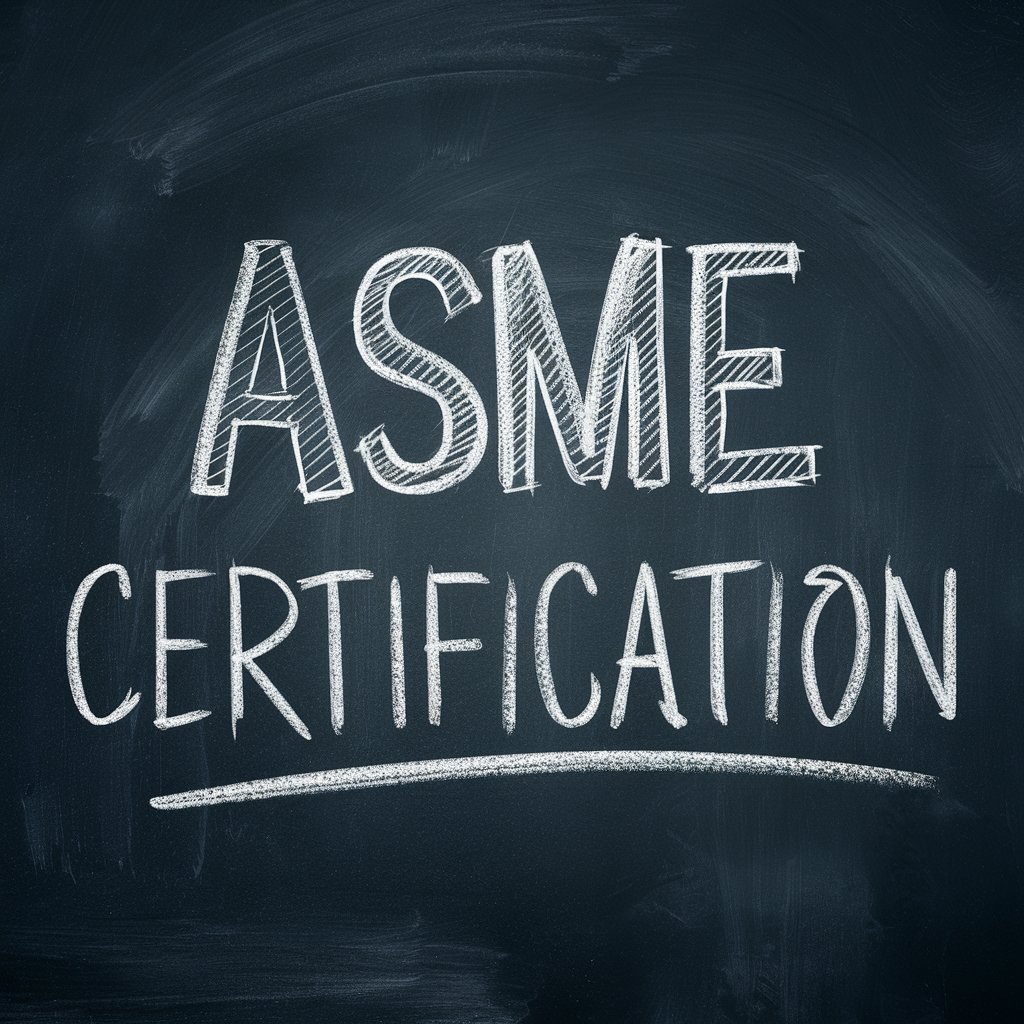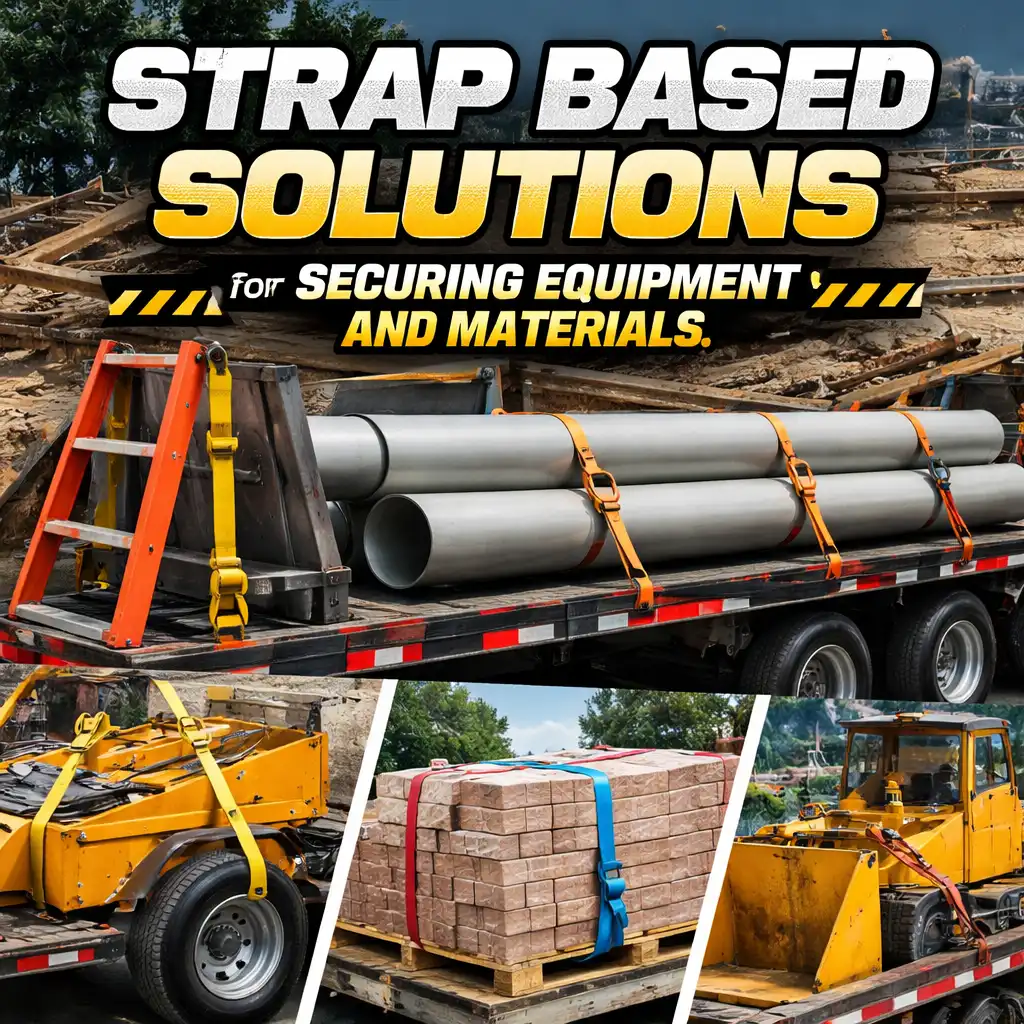Why is ASME certification considered crucial in industrial tank manufacturing? Tanks that hold gasses or liquids under pressure are integral to industries such as chemical processing, oil and gas, and power generation. Ensuring these tanks are built to withstand extreme conditions requires adherence to rigorous standards. The American Society of Mechanical Engineers certification provides this assurance, setting the benchmark for quality and safety.
This certification is vital for the design and fabrication of pressure vessels. ASME tanks are built to meet these stringent requirements, ensuring they operate safely and efficiently even under harsh conditions. By adhering to ASME standards, manufacturers can guarantee the reliability and performance of these tanks. This commitment to quality helps maintain safety and operational excellence in critical industries.
Understanding ASME Certification
What is ASME Certification?
It signifies that a pressure vessel adheres to the guidelines and standards set by the American Society of Mechanical Engineers. This certification is recognized globally and is often a prerequisite for companies that design and manufacture pressure vessels. Obtaining the certification involves rigorous testing and regular audits by their inspectors to ensure that every aspect of production meets their stringent standards.
The Role of ASME Codes and Standards
Industry standards govern the design, fabrication, testing, and inspection of pressure vessels and similar equipment. These codes ensure the equipment can safely handle the specified pressures and temperatures. Compliance with these levels is crucial for achieving certification and ensuring the reliability and safety of the tanks throughout their operational life.
Benefits of ASME Certification in Tank Manufacturing
Enhanced Safety
The primary benefit of this certification is the increased safety it guarantees. Adhering to ASME standards minimizes the risk of catastrophic failures leading to accidents, injuries, or environmental damage. For industries that operate under high-risk conditions, such as the chemical or oil and gas sectors, ensuring complete safety is not just a regulatory requirement but a moral imperative.
Improved Quality and Reliability
It also signifies a higher level of quality and reliability. Tanks and vessels that meet Their standards are built to withstand the demands of their operational environment. This reliability can lead to fewer operational disruptions and lower maintenance costs over the tank’s lifespan. Businesses that invest in ASME-certified tanks can trust that they are buying a product that delivers durability and performance.
Market Access and Compliance
Holding it opens up wider market opportunities. Many industries and countries require it as a condition for doing business. By ensuring their products are ASME-certified, manufacturers can expand their market reach domestically and internationally. Additionally, compliance with ASME standards helps companies avoid legal and financial penalties associated with non-compliance.
Challenges in Achieving ASME Certification
Rigorous Inspection and Testing
Achieving this certification has its challenges. The inspection and testing processes are rigorous and thorough, requiring significant resources and time. Manufacturers must undergo regular audits and inspections by ASME-certified inspectors, which can be a stringent and demanding process. Each component of the tank must be traceable and documented, from the materials used to the final assembly.
High Manufacturing Standards
Maintaining the high manufacturing standards required for this certification requires precision engineering and quality control. This often necessitates advanced technology and skilled personnel, which can be significant investments for manufacturers. However, the long-term benefits of ensuring product quality and safety justify these initial costs.
Continuous Compliance and Updates
Staying compliant with ASME standards is an ongoing process. These codes and guidelines can be updated, and manufacturers must stay informed and adapt their processes accordingly. This requires a proactive approach to quality assurance and a commitment to continuous improvement in manufacturing practices.
The Future of ASME Certification in Tank Manufacturing
Embracing Technological Innovations
As technology advances, integrating new manufacturing technologies such as automation and advanced materials offers opportunities to enhance the efficiency and safety of ASME-certified tanks. These innovations can help manufacturers meet the standards more effectively while pushing the boundaries of what these tanks can handle.
Expanding Global Standards
Its certification is already recognized worldwide, but its role will likely grow as more countries standardize safety regulations for pressure vessels. As global markets become increasingly interconnected, the demand for universally accepted and respected standards like those provided by it will only increase.
ASME certification is more than just a badge of quality; it is a crucial marker of safety, reliability, and compliance in tank manufacturing. By adhering to its standards, manufacturers assure industries that their operations are safe and their equipment, including ASME tanks, is built to last. For businesses reliant on pressure vessels, investing in ASME-certified tanks means investing in a product that will deliver performance and peace of mind under pressure. As industries evolve and innovations emerge, maintaining and enhancing these standards becomes even more vital, ensuring that ASME certification will remain a gold standard in the field.






